The CONNECT initiative reaching new communities across Lao PDR
“I've noticed a significant uptick in healthcare service utilisation. Trust within the community has surged, especially among expectant mothers, who now prioritise antenatal care attendance and hospital births” – Khongdeth Phakeovilay, Nakounn Health Centre, Bolikhan district, Bolikhamxay Province.
In Lao PDR, long-standing challenges in healthcare access were highlighted by the COVID-19 pandemic, particularly for some of the country’s 49 ethnic groups.
In certain areas, weak relationships between villagers and the health system result in limited healthcare access or demand, vaccine hesitancy, poor maternal and child health outcomes, and low levels of trust – in both health systems and healthcare providers.
The continued nationwide deployment of CONNECT – a local governance and community engagement strengthening initiative that supports increased access to essential healthcare services – recently supported two villages in the Bolikhamxay province, Nakounn and Nongdeng district, part of the 232 assisted nationwide to date.
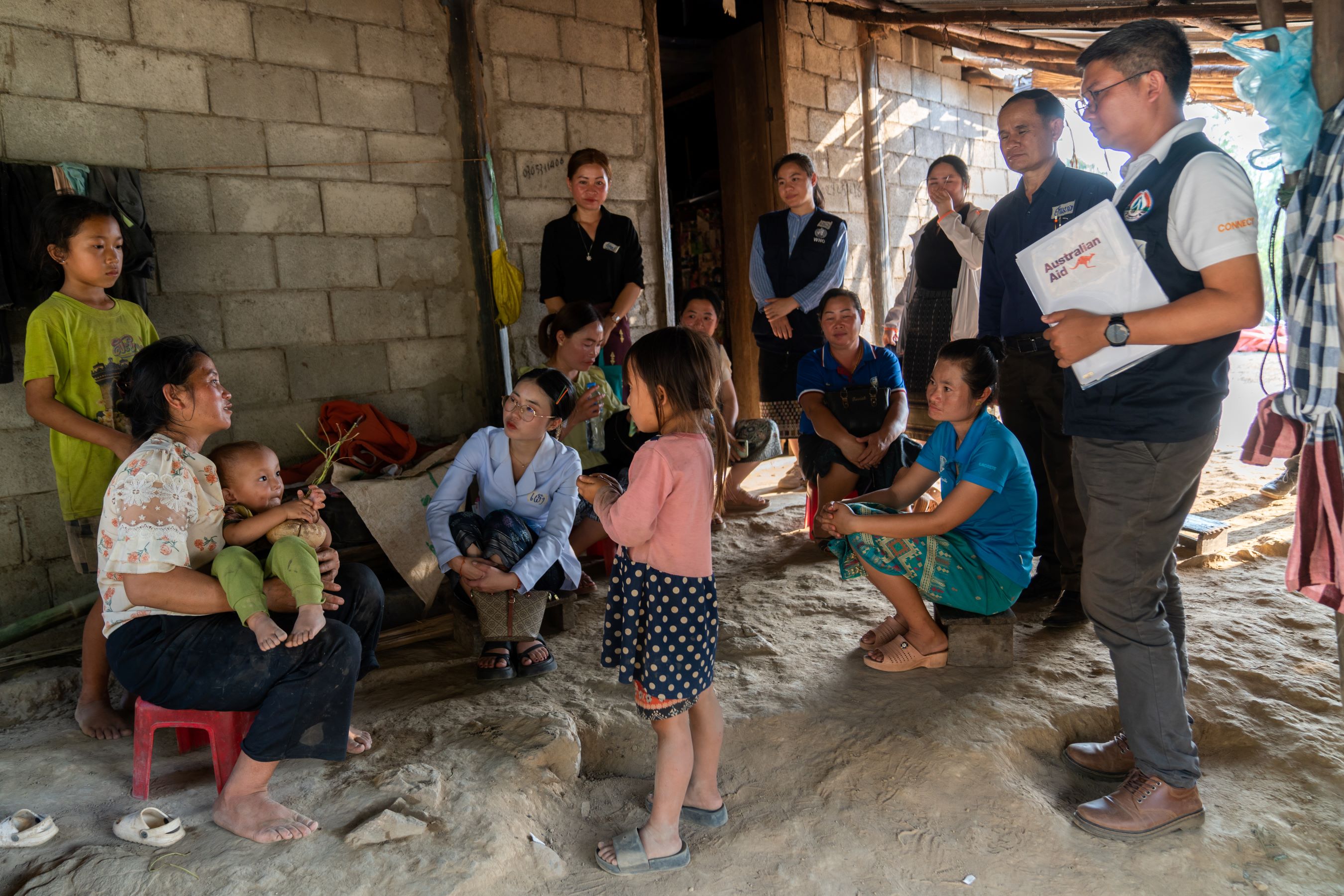
“Focusing on locations with low rates of vaccination, and other poor maternal and child health indicators, CONNECT has been reaching those most in need,” said Hironori Okabayashi, the WHO technical officer overseeing the initiative. “Generous support from Australia is helping communities across Bolikhamxay, as well as Xieng Khouang, Xaysomboun and Vientiane Province, lead healthier lives.”
Following CONNECT support, village health centre staff reported an observed increase in the number of Penta 3 vaccines provided – the vaccine that protects against diphtheria, tetanus, pertussis, Hib, and hepatitis B – as well as an observed increase measles and rubella vaccines.
“This CONNECT initiative encourages the community leaders and health workers to come together to reduce community hesitation around vaccinations,” said Dan Heldon, Deputy Australian Ambassador to the Lao PDR. “Australia is pleased to support the Government of Lao PDR to improve the prevention of COVID-19 and routine immunisation in the most at-risk communities, as well as throughout the country.”
CONNECT brings together representatives from communities and ethnic and religious groups with government agencies and health centre staff collaboratively to tackle local barriers to health. Together, they improve trust, planning and develop local solutions – like better use of community representatives to support health outreach or strengthening relations between the health centre and community.
In a recent 3 161-response survey across 12 CONNECT-supported villages in Khammouan, Bokeo, Champasack and Xaysomboun Provinces, several short-term impacts were identified – including a marked increase in trust in local health centres from just over one-third (38%) to over half (53%). Among 144 recently pregnant women, the research found a 14% increase in giving birth at health centres. Additionally, among 67 pregnant women, intention to give birth at a health centre increased from 49% to 92%, following CONNECT implementation.
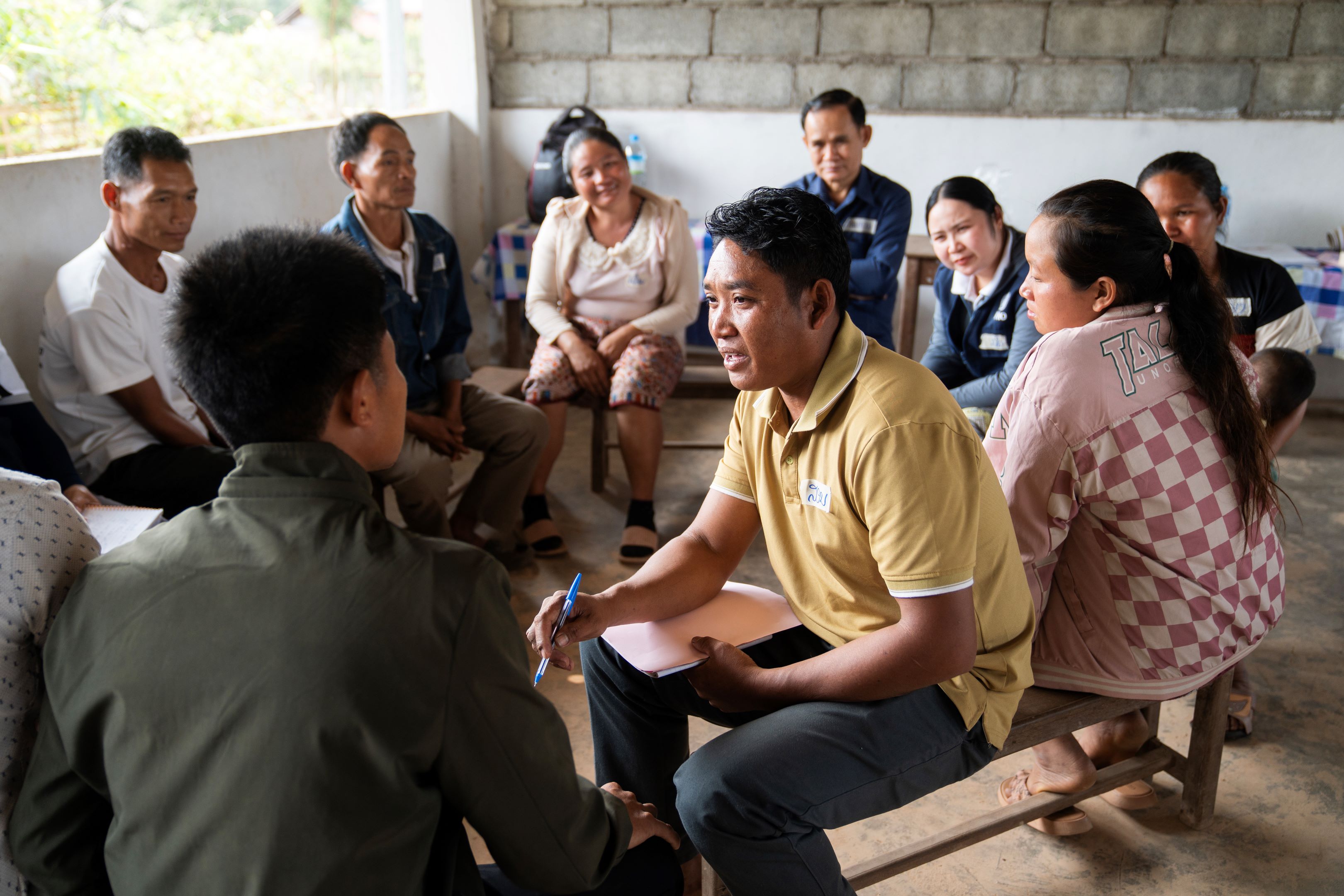
Khongdeth Phakeovilay at Nakounn Health Centre shared that healthcare providers would previously engage with the community on a monthly basis for antenatal care and births. Diverse ethnicities, languages and cultural traditions in the village sometimes made communication difficult, particularly regarding beliefs related to healthcare access and acceptance.
“Following CONNECT’s support, I've noticed a significant uptick in healthcare service utilisation. Trust within the community has surged, especially among expectant mothers, who now prioritise antenatal care attendance and hospital births.”
Kerdlavanh Phaengkhamdee, Head of Nakounn Health Centre, noted that before CONNECT, community engagement regarding primary healthcare, vaccination, family planning, antenatal care attendance, and hospital births relied heavily on healthcare staff and volunteer health workers in villages. By strengthening ties and cooperation with other stakeholders, the community has been able to increase support for health.
"This approach streamlines the workload for health providers and volunteer workers by fostering collaboration with local governance [such as village chiefs]. This leads to heightened community awareness and understanding of primary healthcare principles. Additionally, it supports the building of trust within the community, resulting in increased demand for healthcare services.”
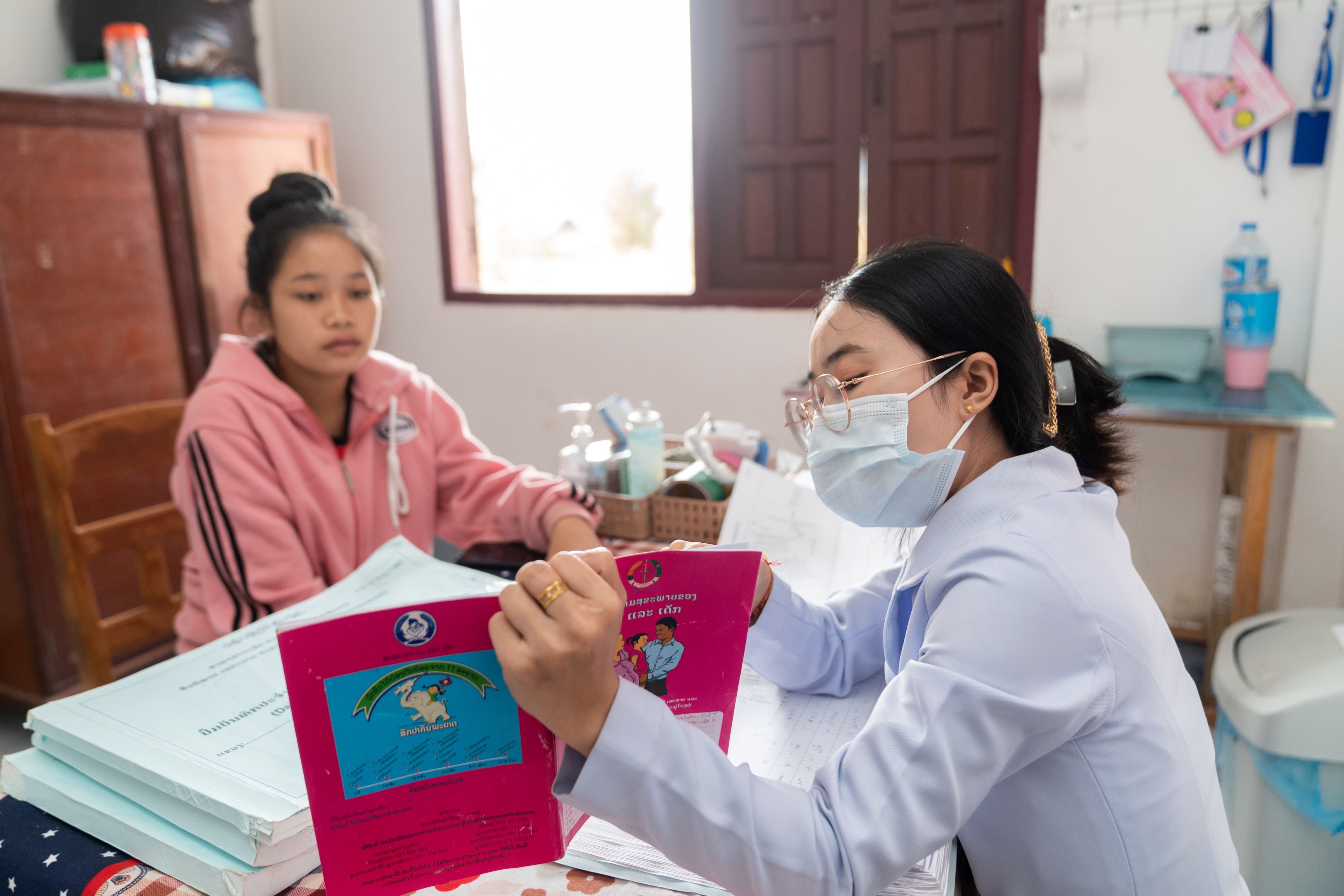 Australia’s support is enabling the CONNECT initiative to deploy to more than 85 villages across Xieng Khouang, Xaysomboun, Bolikhamxay and Vientiane Province, addressing vaccination, maternal and child health, and other issues, either introducing CONNECT for the first time, or conducting follow-up support visits.
Australia’s support is enabling the CONNECT initiative to deploy to more than 85 villages across Xieng Khouang, Xaysomboun, Bolikhamxay and Vientiane Province, addressing vaccination, maternal and child health, and other issues, either introducing CONNECT for the first time, or conducting follow-up support visits.
CONNECT (Community Network Engagement for Essential Healthcare and COVID-19 Responses through Trust) is a joint Ministry of Health and Ministry of Home Affairs-led initiative supported by the World Health Organisation (WHO), with assistance from Australia, USAID, and the Government of Luxembourg. The initiative works to build trust between communities and healthcare providers, empower communities and local leaders to strengthen governance, planning, and coordination to reduce maternal and neonatal mortality, increase vaccination rates, and improve overall health outcomes.
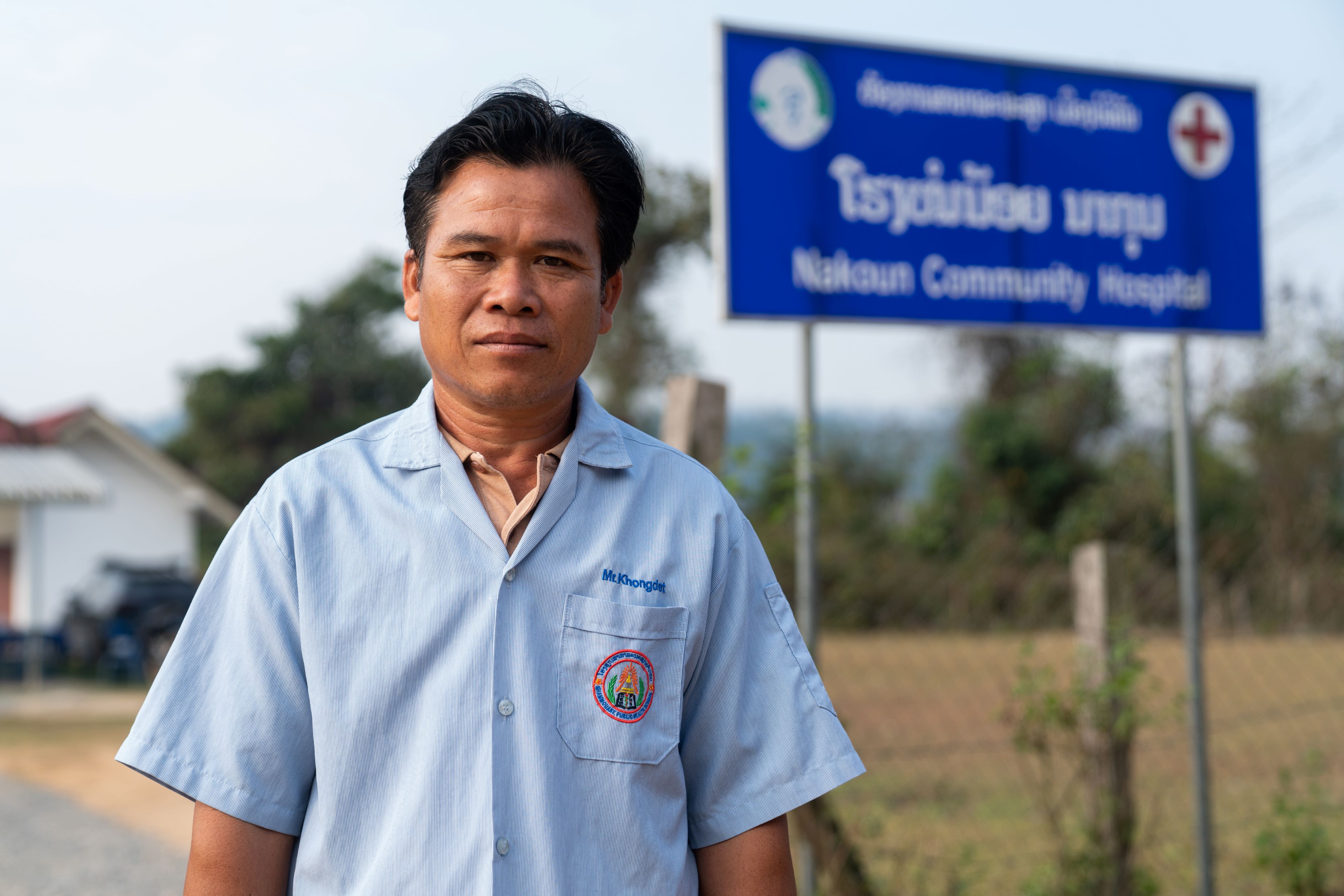 Building trust
Building trust
Dr Khongdeth Phakeovilay, a healthcare provider at Nakounn Health Centre. Diverse ethnicities, languages and cultural traditions in the village sometimes made communication difficult, particularly regarding beliefs regarding healthcare access and acceptance.
After the implementation of CONNECT and the collaborative work with local leaders, Dr Khongdeth noted significant improvements in outcomes.
“Following CONNECT’s support, I've noticed a significant uptick in healthcare service utilisation. Trust within the community has surged, especially among expectant mothers, who now prioritise antenatal care attendance and hospital births.”
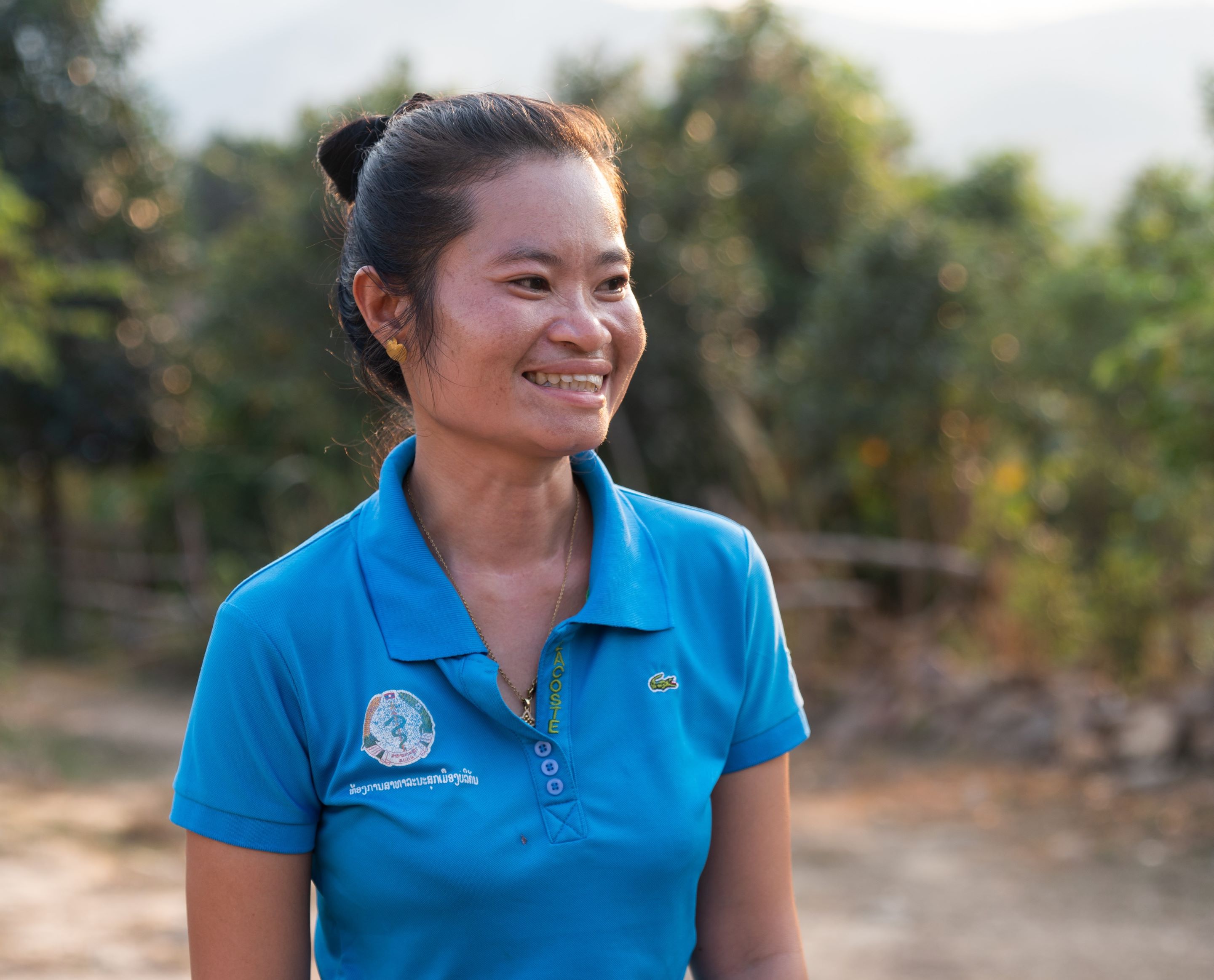 Collaborative efforts
Collaborative efforts
Ms Kerdlavanh Phaengkhamdee, Head of Nakounn Health Centre, noted that before CONNECT, community engagement for primary healthcare, vaccination, family planning, promotion of antenatal care attendance, and hospital births relied heavily on healthcare staff and volunteer health workers in villages. By strengthening ties and cooperation with other local officials and stakeholders, the community has been able to increase support for health.
”This approach streamlines the workload for health providers and volunteer workers by fostering collaboration with local governance [such as village chiefs]. This collaborative effort leads to heightened community awareness and understanding of primary healthcare principles. Additionally, it supports the building of trust within the community, resulting in increased demand for healthcare services. Notably, this shift alleviates the need for health providers to conduct home visits for health promotion.”
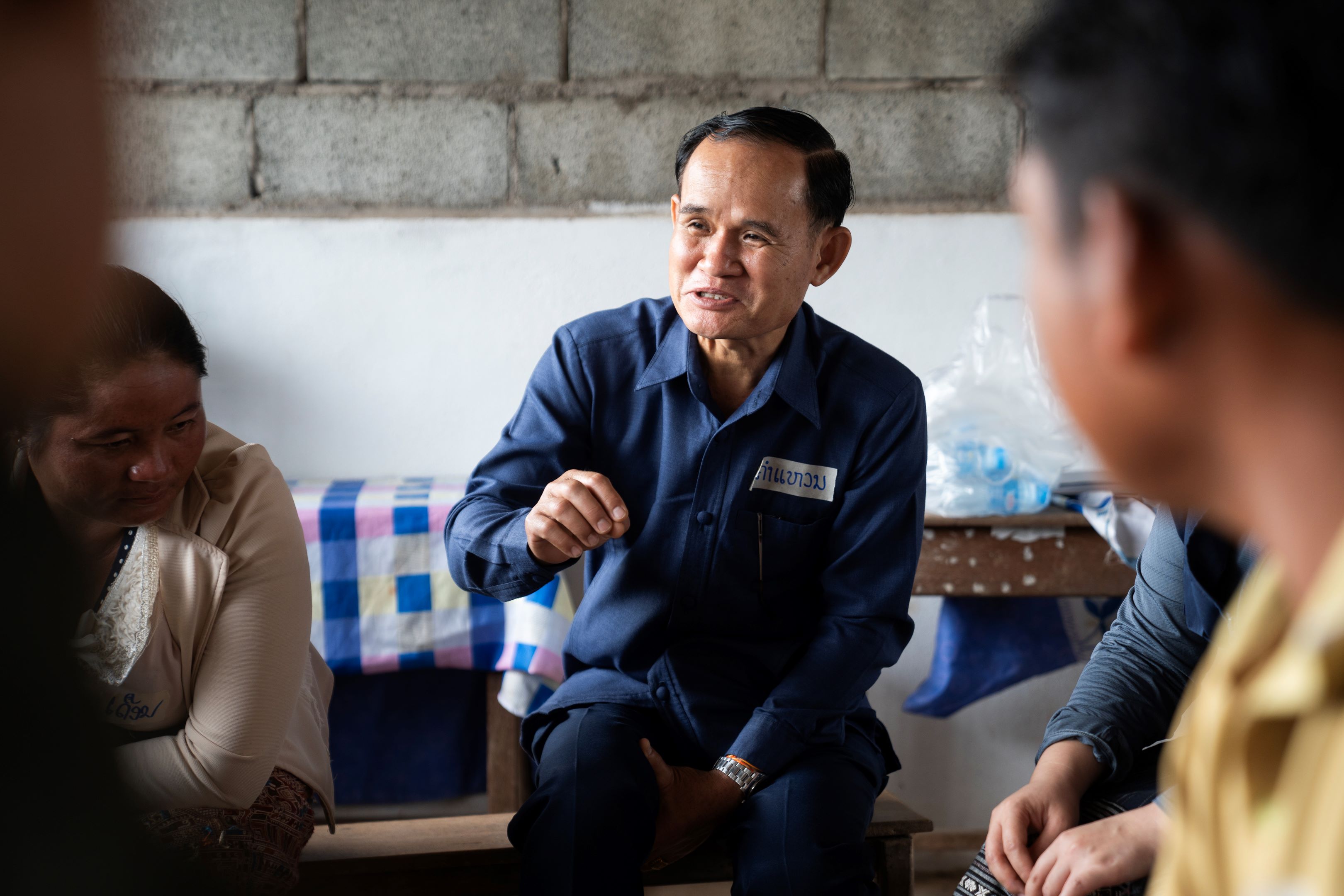 Community involvement
Community involvement
Mr. Khamwaen Phengphakeo, Head of the Bolikhanh District Health Office, observed that previously community engagement in some primary healthcare services required significant official measures or rules, such as official documentation from district authorities, and relied on this to engage people. Following the implementation of CONNECT, Dr. Khamwaen noted a significant enhancement in health services, as a result of more positive approaches.
“We mobilised to engage the population to utilise health services at the community hospital. Furthermore, we improved health services by cultivating trust through effective communication and nurturing positive relationships. This strategy fosters understanding and acknowledgment among the population that they can receive quality care from healthcare providers, thereby leading to increased utilisation of health services daily.”
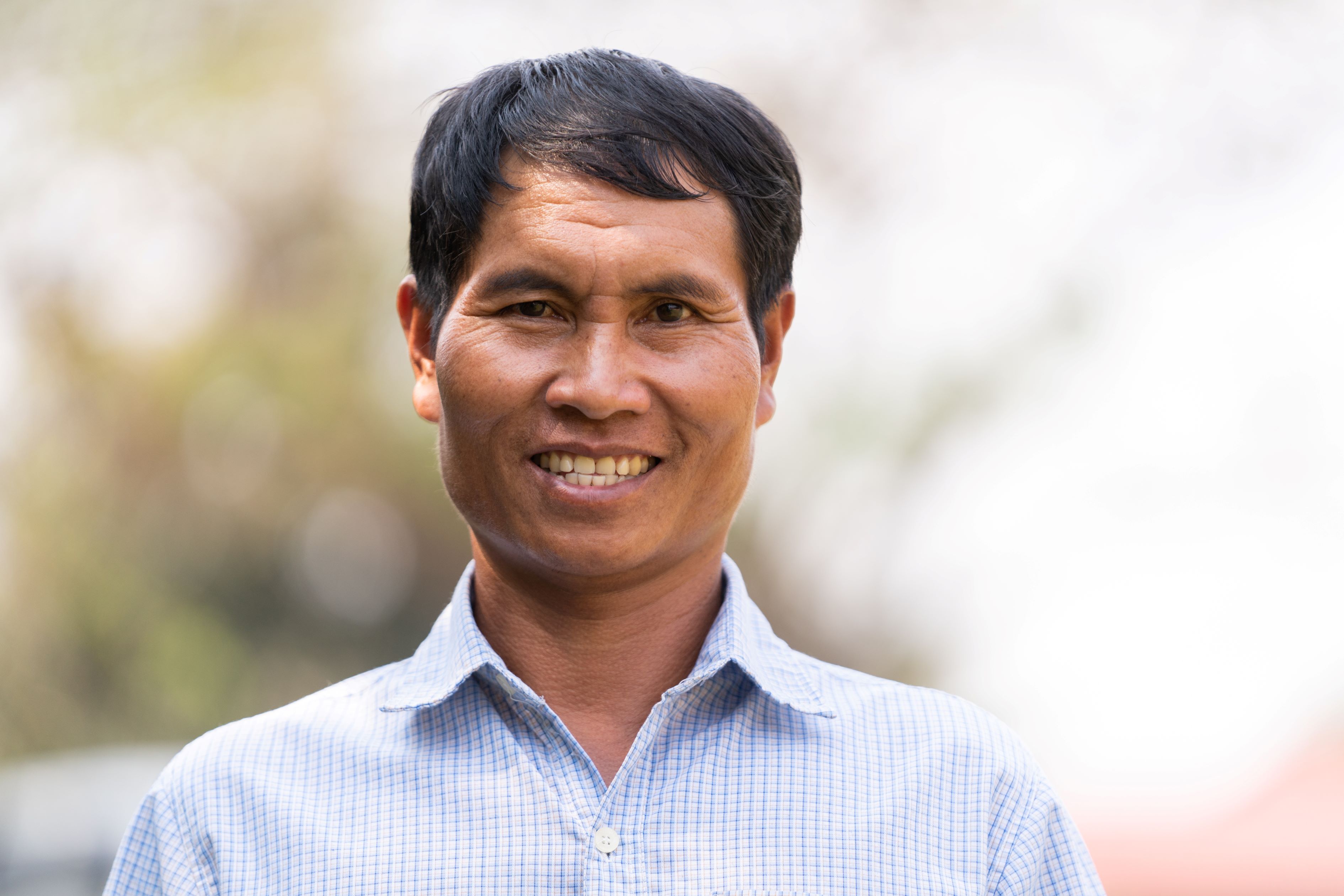 Effective communication
Effective communication
Mr Viengkeo Vanthavong, Head of Nongdeng Village, learnt effective communication strategies from CONNECT, emphasising soft approaches to enhance his interactions with community members, particularly regarding sensitive health issues.
“It's crucial to approach interactions with positivity and encouragement, as negative moods or attitudes can often result in disinterest and a lack of cooperation. Instead, we should strive to foster an environment of appreciation, even for their small efforts, as this can boost motivation within the community.”
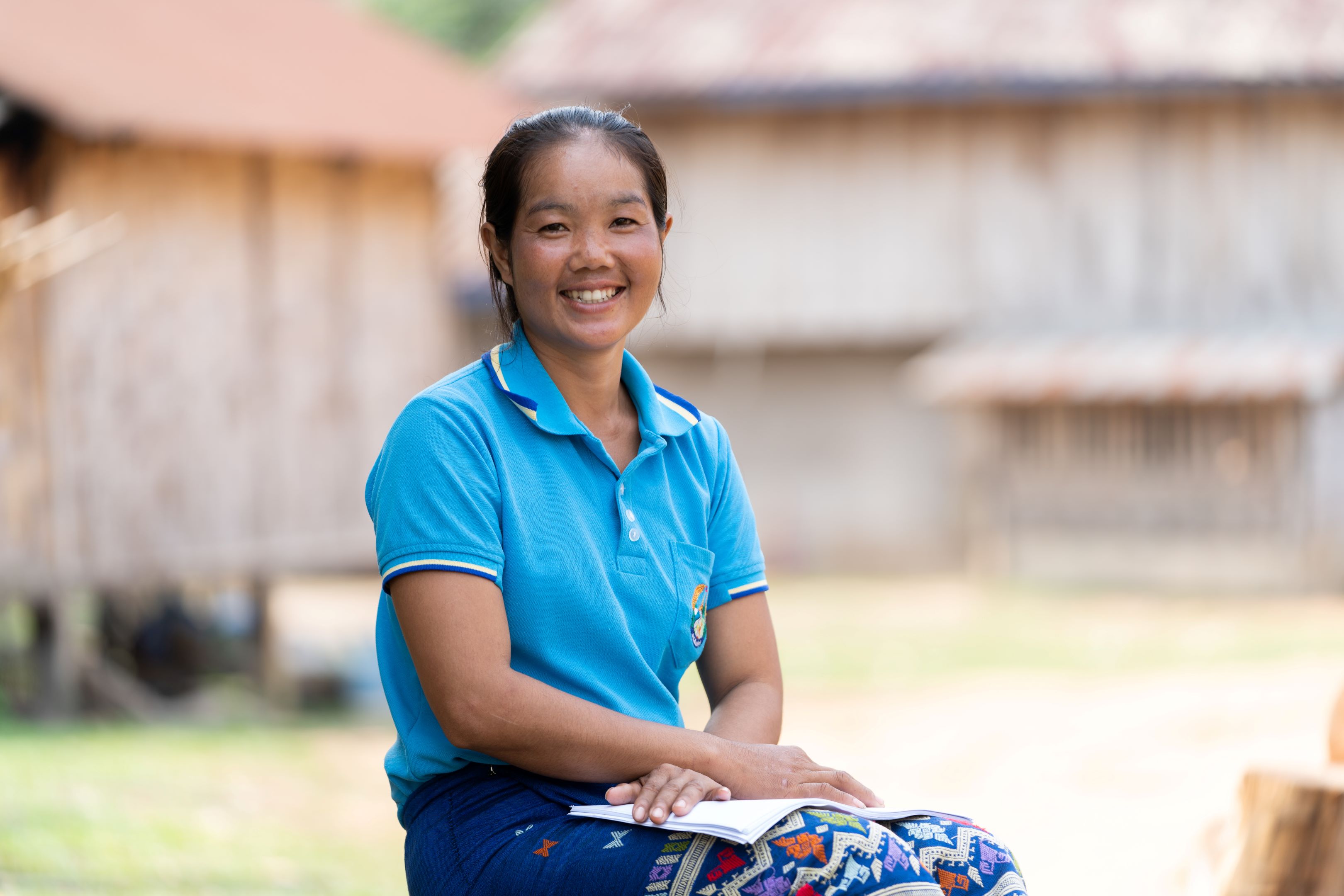 The role of the Nongdeng Women's Union is to promote the well-being of women in the village. Specifically, in the context of health, their goal is to encourage pregnant women to visit the hospital regularly, provide knowledge about giving birth in the hospital rather than at home, and train mothers of children under five years old to ensure their children receive vaccinations against diseases. Another key role is to assist village authorities in gathering women and mobilising them to participate in various activities.
The role of the Nongdeng Women's Union is to promote the well-being of women in the village. Specifically, in the context of health, their goal is to encourage pregnant women to visit the hospital regularly, provide knowledge about giving birth in the hospital rather than at home, and train mothers of children under five years old to ensure their children receive vaccinations against diseases. Another key role is to assist village authorities in gathering women and mobilising them to participate in various activities.
After the CONNECT approach was introduced to Nongdeng village, Raengmaneechanh, the head of the Women's Union, noticed a significant difference, particularly in community participation.
“I am very happy and proud that this approach has enabled the people in my community to achieve better health. It has provided a way to work together, compelling the village authorities to collaborate and support each other, fostering learning and sharing.”
“In the future, we plan to strengthen the implementation of each activity and improve our adaptability. We will strive to enhance our skills, particularly in speaking and communication, so that people can trust and believe in the information we provide.”
